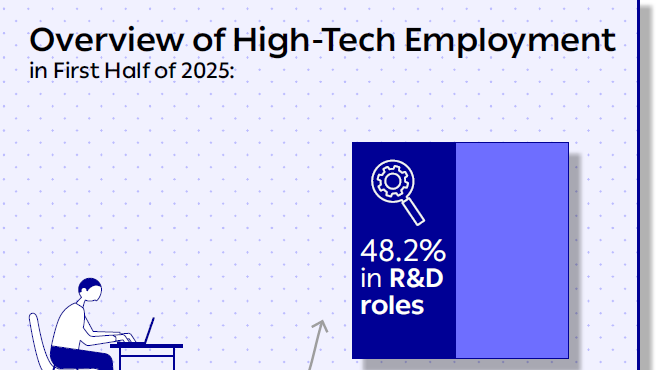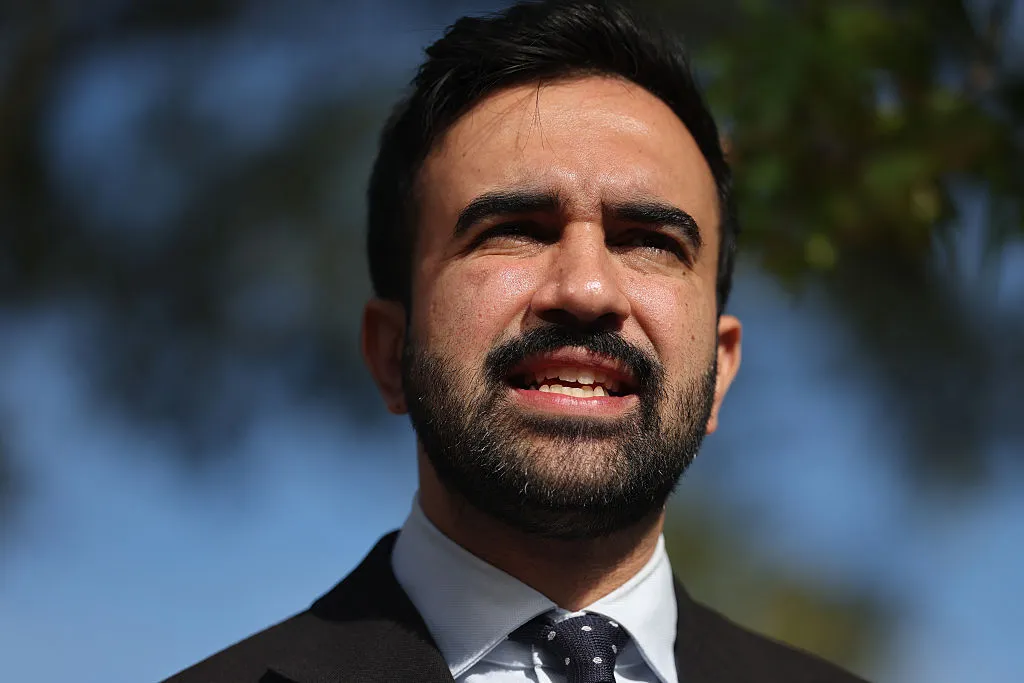By Iltv
Copyright ynetnews

Israel is cementing its status as a global deep-tech powerhouse even as employment, venture creation and local VC fundraising slow, according to the Israel Innovation Authority’s 2025 Status Report on Israeli High-Tech, released Wednesday alongside a new deep-tech analysis with DealRoom. The authority says roughly 1,500 deep-tech companies now operate in Israel and have raised more than $28 billion between 2019 and 2025, helping push private valuations above $177 billion. Israel attracts about 20% of global cyber investments and roughly 10% in medical devices and AgriFood, with leading fields spanning artificial intelligence (AI), semiconductors, cybersecurity, medical devices and AgriFood. At the same time, core macro indicators have flattened. High-tech output was ~17% of GDP for a second year (about NIS 317 billion in 2024). Overall employment reached 403,000 in H1 2025 (11.5% of the workforce), but R&D roles fell 6.5% year-over-year, and the sector’s employment growth rate has slipped below 2% since 2023. New venture creation is down to about 500 startups in 2024—half the level of a decade ago—while capital raised by Israeli VCs has dropped sharply since its 2022 peak. “I don’t want to portray the situation as everything is positive,” said Dror Bin, CEO of the Israel Innovation Authority, in an interview with ILTV’s Shosh Bedrosian. “The report shows the very positive indications that … show the resilience of the Israeli high tech, but also some things that we are following and are more disturbing.” Exits have rebounded despite the war and a more challenging global funding climate. Q2 2025 marked the strongest fundraising quarter since 2022, and 2025 is expected to set a record for high-tech M&A. Bin called it “the best deal ever in terms of M and A’s… There is also a very long list of other acquisitions.” He added that when global giants choose to buy Israeli firms in wartime, “this means they understand the value of the technological assets that are being developed in Israel … and they believe in Israel for the long term.” Bin said the conflict also sparked new founder energy. The authority saw a 60% jump in applications to its very-early-stage fund during 2024. “Many people were drawn out of the comfort zone… They saw needs that otherwise they would not have seen … and this is creating a lot of activity now in the ecosystem, and hopefully we are going to see a baby boom of startups,” Bin noted. To counter headwinds, the authority is deploying targeted tools. “We … launched a special fund of funds that is actually investing into Israeli venture funds, helping them to get to the first closing…” Bin said. Another example is a deep tech startup fund. He said that “because of the risks associated with deep tech, we want to ensure that Israel … has the optimal funding environment for such companies.” For policymakers, the picture is mixed but actionable: Israel remains the leading deep-tech hub in the Western world outside the U.S., with billions flowing to frontier technologies and a record year for exits on tap. Yet stagnation in output, shrinking R&D roles, fewer new startups and smaller local VC funds point to structural challenges that require sustained public-private investment. As Bin put it, the sector’s dual reality endures: resilience at the top of the funnel, and pressure at its roots.



